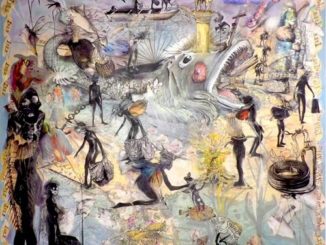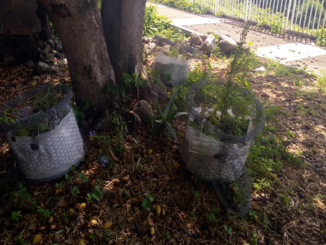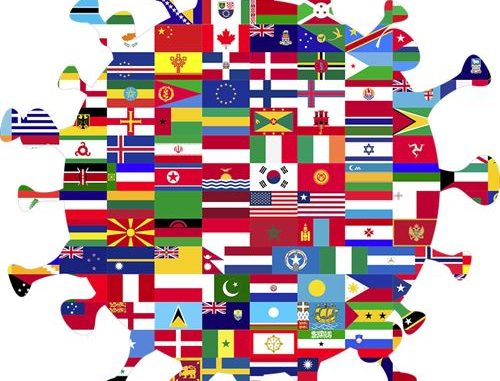
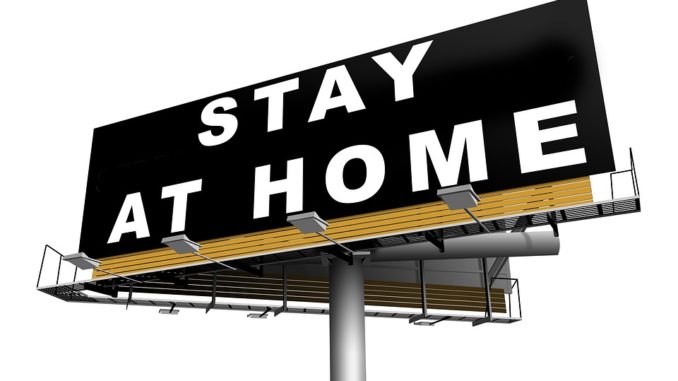
“Covidianity” is the word used by journalists in the Dominican Republic (a Caribbean country very affected by the new disease) to name the time we have been living since the outbreak of the Covid-19 epidemic in the Caribbean and throughout the world.
“Covidianity”, a nice word that sounds like “Daily life” because this coronavirus (SARS-COV 2) has moved in with us and the authorities are advising us to learn to live together with it. It has become our best enemy for a year ago, a few weeks after its emergence in China at the end of December 2019. The rapid progression of this Covid-19 pandemic has reminded us that the Earth has become a small village thanks to our modern means of travel and communication. The land of the Great Wall that seemed so far away has become so close.
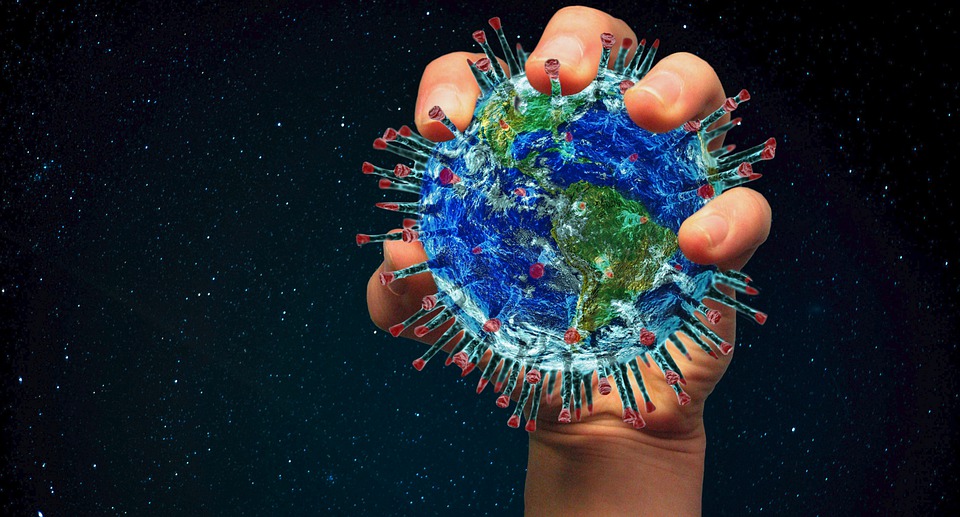
A war against Covid-19
On March 17, 2020, at 12 noon, the first lockdown of the population in all French territories, including Guadeloupe, Martinique, Saint Martin, Saint Barthélemy and Guiana, in the America-Caribbean zone, came into effect. By taking this unprecedented step, the President of the French Republic, Emmanuel Macron, had stated “We are at war”. A sentence that had created a controversy among some who thought that this virus would quickly go away, but one year later, our surprise guest is still here and since we have decided to chase it away, it has decided to metamorphose, to camouflage itself, to mutate because it is really at war with us. And like the big bad wolf, when he screams “Wow!”, we run and hide with new lockdowns (Martinique, Bahamas etc. in the Caribbean for example) and curfews and as soon as we think that the danger has passed, we open the door but the evil beast comes back because he is playing with our nerves…
A year ago, planet Earth had suddenly frozen because three quarters of humanity had also chosen this lockdown solution in order to stop the outbreak of this new virus.
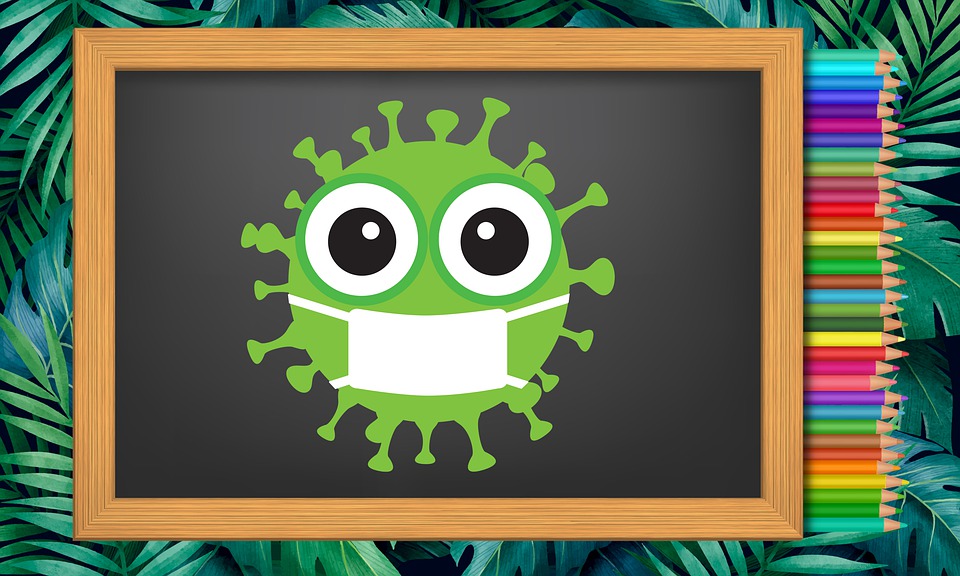
Caribbean and global culture at half-mast
On the French territories, this first travel ban was to last until May 11, 2020. For one month and 28 days, Kariculture did not give up because our young magazine has continued to regularly publish articles on culture and heritage in Guadeloupe and the Caribbean.
Kariculture has also used its social media pages – Facebook and Twitter – to post images of artistic activities with messages encouraging our readers wherever they were to stay at home and, above all, to keep themselves busy with activities that develop their creativity if they could. Some of them have indeed devoted themselves, in particular, to the plastic arts or to music with their family or alone… Today, we are measuring the terrible damage caused by this Covid-19 epidemic in the world of culture. Our artists are struggling to survive, cultural structures are slowing or are closed, cultural events are cancelled. This is the case of musical, heritage, culinary or other festivals or carnival, which are moments of communion for our Caribbean peoples but also a source of currency.
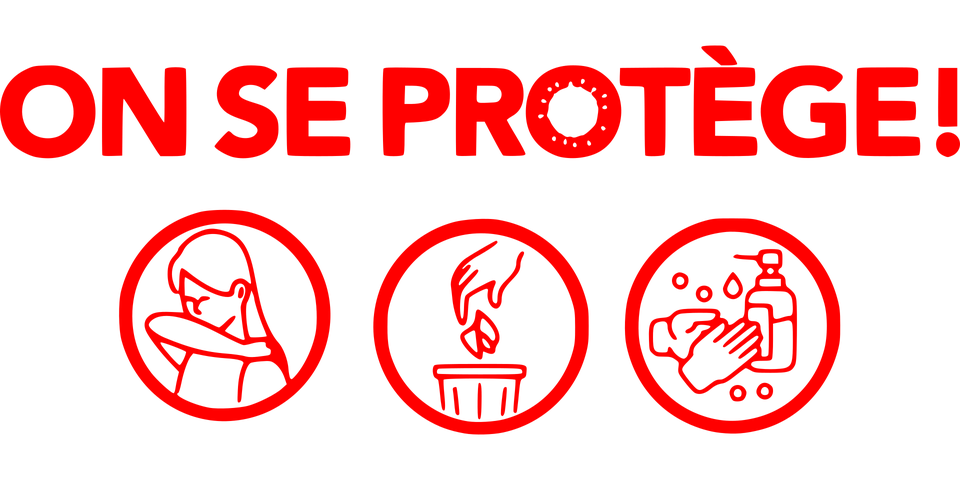
The resistance of Kariculture
Kariculture, a new internet media, has played its full role in helping its Guadeloupean, Caribbean and other readers to cope with this complicated time morally, socially, economically and even more. Kariculture (and its social networks) did not seek money from political authorities for having broadcast positive messages or information about Covid-19 during this first lockdown. After lockdown, some of the “big” local media that already consume almost all of the advertising revenues or receive a large subsidy from the French state in Guadeloupe and Martinique finally said that their generosity to inform about Covid-19 had a price. Their grievances were supported by a report on the media in Guadeloupe written by a retired journalist who obviously “got stuck” in the 1980s because he only dedicated a few lines to the local digital press despite our request for an audience… However, all over the world, this new media has allowed traditional media to survive…
That’s the way life is, it’s Covidianity!



